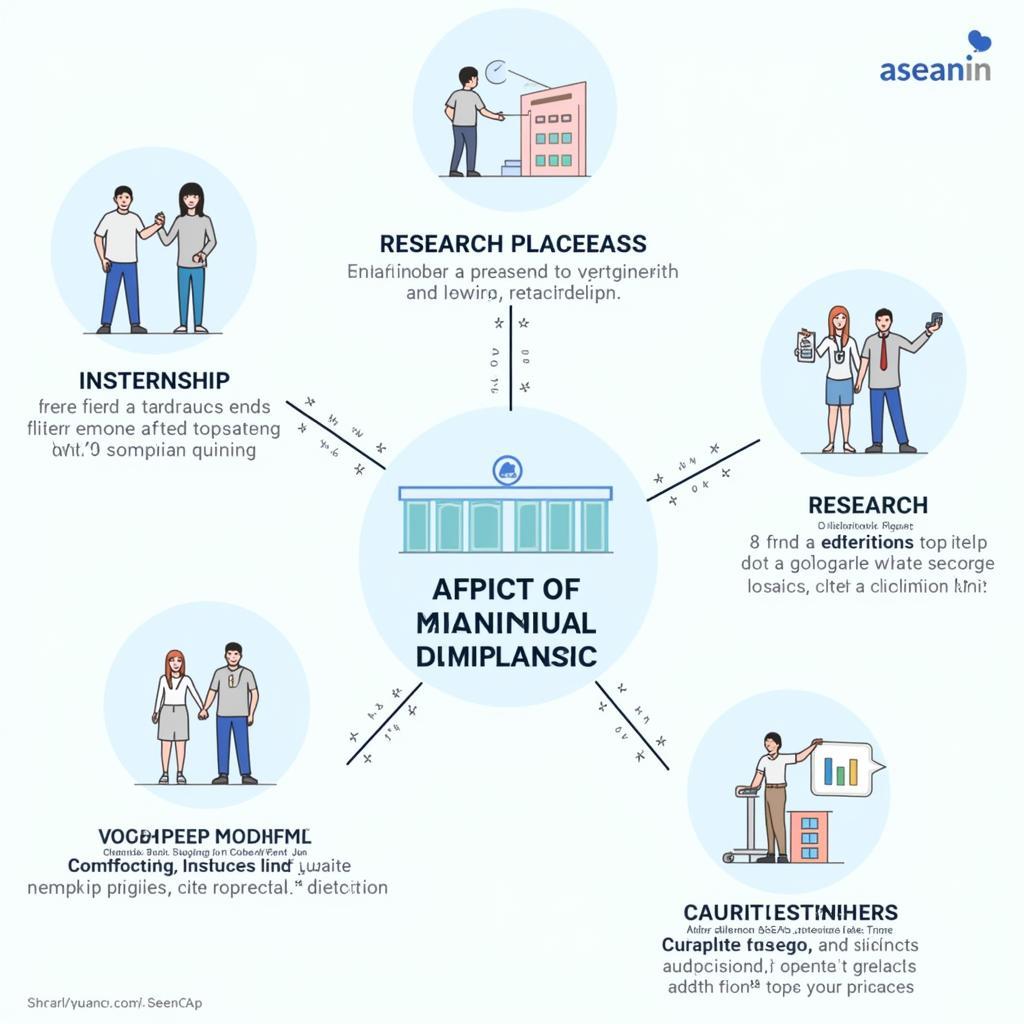The Association of Southeast Asian Nations (ASEAN) stands as a testament to regional cooperation and integration, offering a multitude of benefits for its member states and the world. Established in 1967, this intergovernmental organization has fostered economic growth, political stability, and cultural exchange, transforming Southeast Asia into a vibrant hub of opportunity and progress.
Economic Powerhouse: Unlocking ASEAN’s Potential
ASEAN’s economic prowess is undeniable. As a collective, it boasts the world’s fifth-largest economy, with a GDP exceeding US$3 trillion. The region’s strategic location, abundant resources, and youthful population have attracted substantial foreign direct investment, fueling rapid industrialization and urbanization.
The Benefits Of Asean membership are evident in the remarkable economic transformation of its member states. From manufacturing giants like Singapore to emerging economies like Vietnam, ASEAN nations have experienced unprecedented growth rates, lifting millions out of poverty and creating a thriving middle class.
Trade and Investment: A Gateway to Global Markets
ASEAN has played a pivotal role in liberalizing trade and investment within the region and beyond. The ASEAN Free Trade Area (AFTA) has eliminated most tariffs and non-tariff barriers among member states, facilitating the seamless flow of goods, services, and investments.
Beyond AFTA, ASEAN has forged free trade agreements with key economic partners like China, Japan, and Australia, further expanding its market access and attracting foreign investment. The Regional Comprehensive Economic Partnership (RCEP), the world’s largest trade bloc, exemplifies ASEAN’s commitment to fostering a more open and interconnected global economy.
Political Stability: A Cornerstone of ASEAN’s Success
ASEAN has been instrumental in maintaining peace and stability in Southeast Asia. Through dialogue, consensus-building, and a shared commitment to non-interference in each other’s internal affairs, member states have successfully navigated regional disputes and fostered an environment conducive to economic growth and development.
The ASEAN Charter, adopted in 2007, further strengthens the organization’s institutional framework and promotes a rules-based approach to regional cooperation. ASEAN’s collective security arrangements, such as the ASEAN Regional Forum (ARF), provide a platform for dialogue and cooperation on security challenges, contributing to regional and global peace.
Cultural Exchange: Celebrating Diversity and Promoting Understanding
ASEAN is a melting pot of cultures, languages, and religions. Recognizing the importance of cultural exchange in fostering understanding and cooperation, ASEAN has implemented numerous initiatives to promote cultural diplomacy and people-to-people exchanges.
From educational exchanges and cultural festivals to tourism initiatives and youth programs, ASEAN fosters cross-cultural understanding and appreciation, enriching the lives of its citizens and promoting regional harmony.
Conclusion: A Brighter Future for ASEAN
The benefits of ASEAN are undeniable. Through economic integration, political cooperation, and cultural exchange, ASEAN has emerged as a dynamic force for positive change in Southeast Asia and the world. As the region continues to evolve and face new challenges, ASEAN’s commitment to cooperation and integration will be crucial in unlocking its full potential and creating a brighter future for all.
For businesses and individuals alike, engaging with ASEAN presents a world of opportunities. From its thriving markets and skilled workforce to its rich cultural heritage and commitment to sustainable development, ASEAN is poised to play an even greater role on the global stage.


